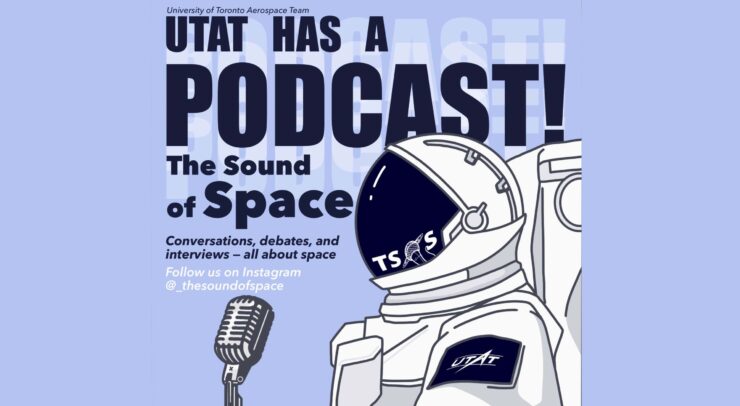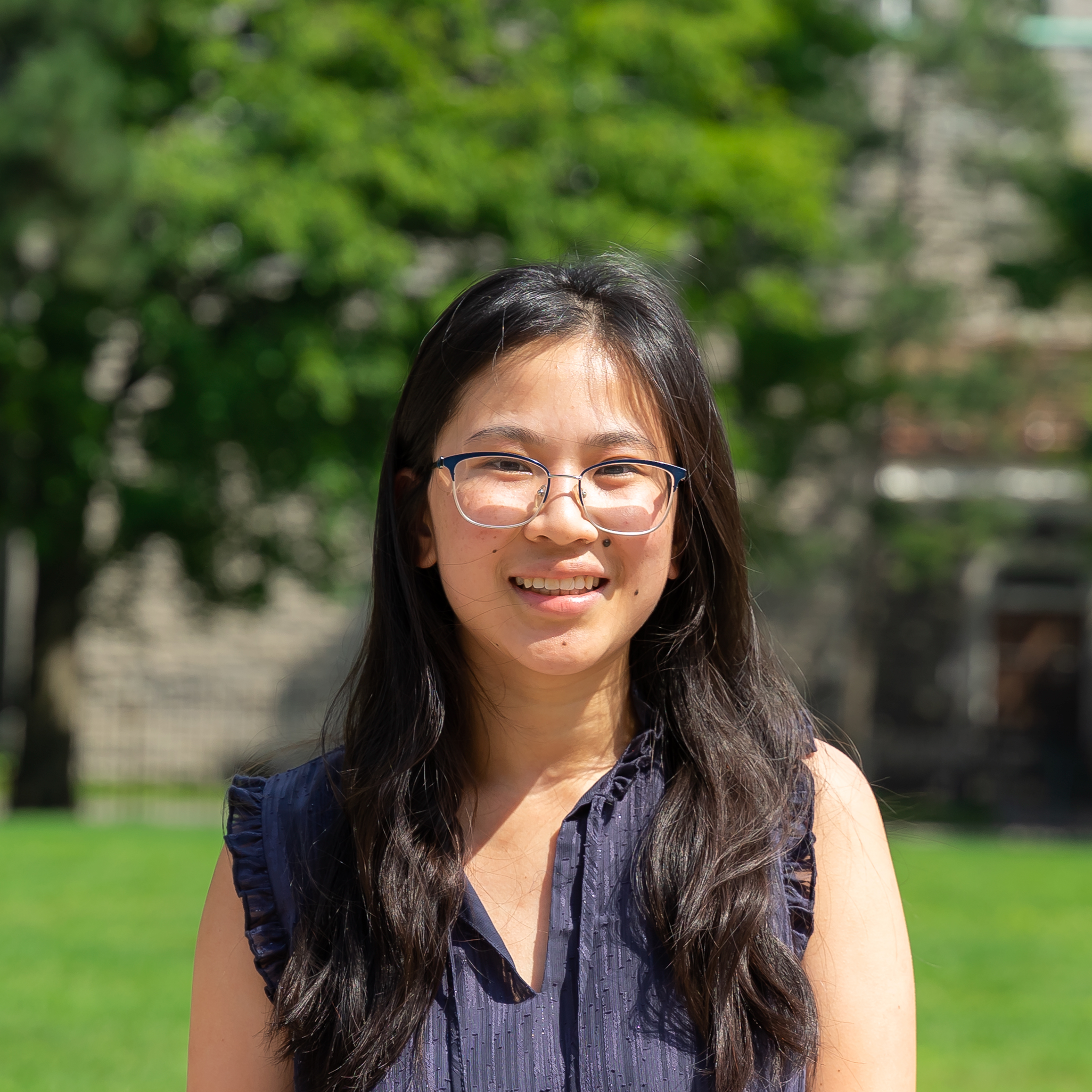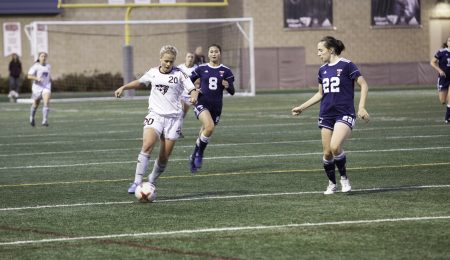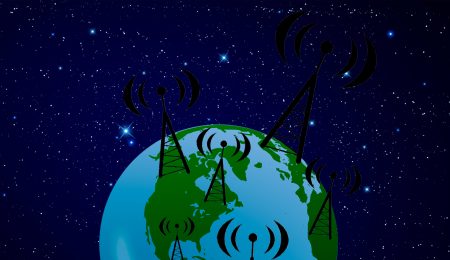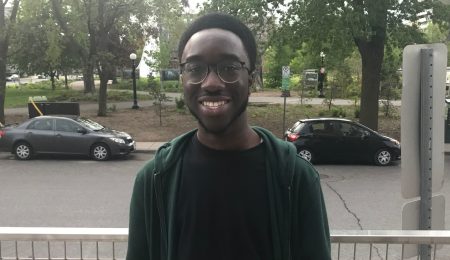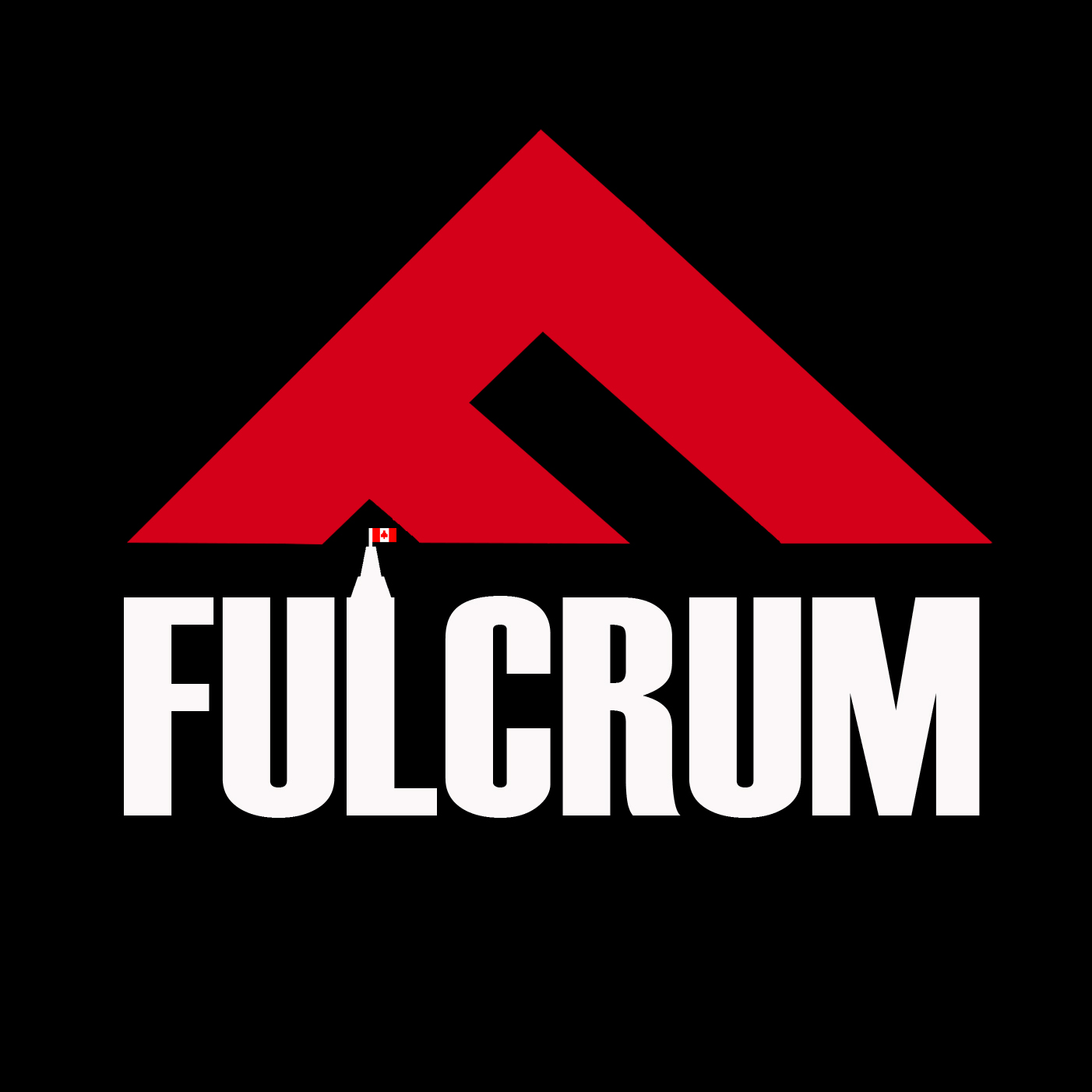U OF T STUDENTS LAUNCH SOUND OF SPACE PODCAST
Podcasts are rapidly becoming everybody’s favorite way to consume media. They’re convenient, educational, and regardless of someone’s interests, there’s probably a podcast to fit their niche.
For three space enthusiasts and a dedicated team behind them, their niche was space — the boundless expanse that contains our entire planet, galaxy and conceivable universe. What makes this podcast unique is its ability to communicate complex space topics in a casual tone all from a student perspective.
This week, the Fulcrum sat down with the Sound of Space (TSOS) podcast to discuss their content, goals, and future in more detail.
Meet the hosts
Theodora (Theo) Girgis, Jaden Reimer, and Ketan Vasudeva are all third-year engineering science students at the University of Toronto. What separates them as students, though are their individual reasons as to why they came to love space.
For Girgis, “I feel like there’s a few categories of things that everyone goes through some kind of interest phase. So dinosaurs, kids love dinosaurs. Kids love cars, kids love detectives and then kids love space. But then applying to universities and looking into the different opportunities and things that existed. I was like, you know what, maybe I should just go for it and I’m really glad that I did.”
Reimer described it as a “bunch of threads that were woven together.” His science-focused family, early interest in design, and eventual involvement in the aerospace team at U of T all contributed to his appreciation for the different aspects of space engineering.
For Vasudeva, it was about the unknown and the interesting theories — “about the origins of the universe, physics, time, space travel. I always took an interest in that when I was young. I’m also really interested in robotics and AI. So one way that I can marry these two passions I’ve had is going towards aerospace robotics.”
What is the sound of space?
At its core, TSOS is a student-led podcast which covers topics about life in space, student experiences in the space industry, and interviews industry experts. Its components include individuals involved in research, editors, marketing and of course its hosts.
Its goal according to its hosts is “to have a casual conversation about these complicated topics. The way [we] look at it, oftentimes let’s say [we’re] doing something in the meantime, [we’re] learning something on the side. That’s kind of the casual aspect that we wanted to offer listeners.”
Additionally, “the biggest output and value is the learnings that the people involved in the team have along the way. The aerospace team at U of T kind strived to do so by providing opportunities for students to become proficient and use those skills in their internships, and then after they graduate, to equip better engineers, ultimately. That also [applies] with the podcast, the team that makes these episodes can articulate the complex ideas in an engaging manner.”
Where did the initial idea come from?
The initial spark that set TSOS in motion came from Cindy Chen, “another engineering science student at the University of Toronto Aerospace Team (UTAT). The project started with a newsletter type or forum. Where they would have writers who would write articles about space all the time. Then she came up with the idea of some kind of audio format,” said Girgis.
In addition to the podcast, their Instagram features graphics titled “what’s new in space”. Which distills facts and information about space topics into consumable photos. More information about each topic can be found in their bio. However, this format offers listeners the visual aspect of space that many have come to appreciate.
What can listeners look forward to in future podcast episodes?
Looking ahead, TSOS is working on releasing episodes featuring members of the space industry.
“Theo interviewed her boss Magda Wierus from the [Canadian space agency], and I interviewed my boss Ewan Tarrant from GHGsat,” said Vasudeva.
Reimer added, “I’m really excited to talk about space satellite constellations as a next topic. I think they are definitely going to take a more prominent place in the services that they offer with Starlink. Given that this is a massive time of expansion and space infrastructure is going to skyrocket before the services that use them.”
“I’m really excited to see how much the project can grow. Us being the first hosts on the project, who knows how long this will go on for but for being the first few people on the team. I’m really excited to see how many people we can reach. How much traction can we get,” said Girgis.
For those interested in listening, TSOS can be found on Spotify, Apple, and Google Podcasts. The hosts and team encourage listeners to contribute episode ideas and engage over on their Instagram.

